New president urges more self-confidence
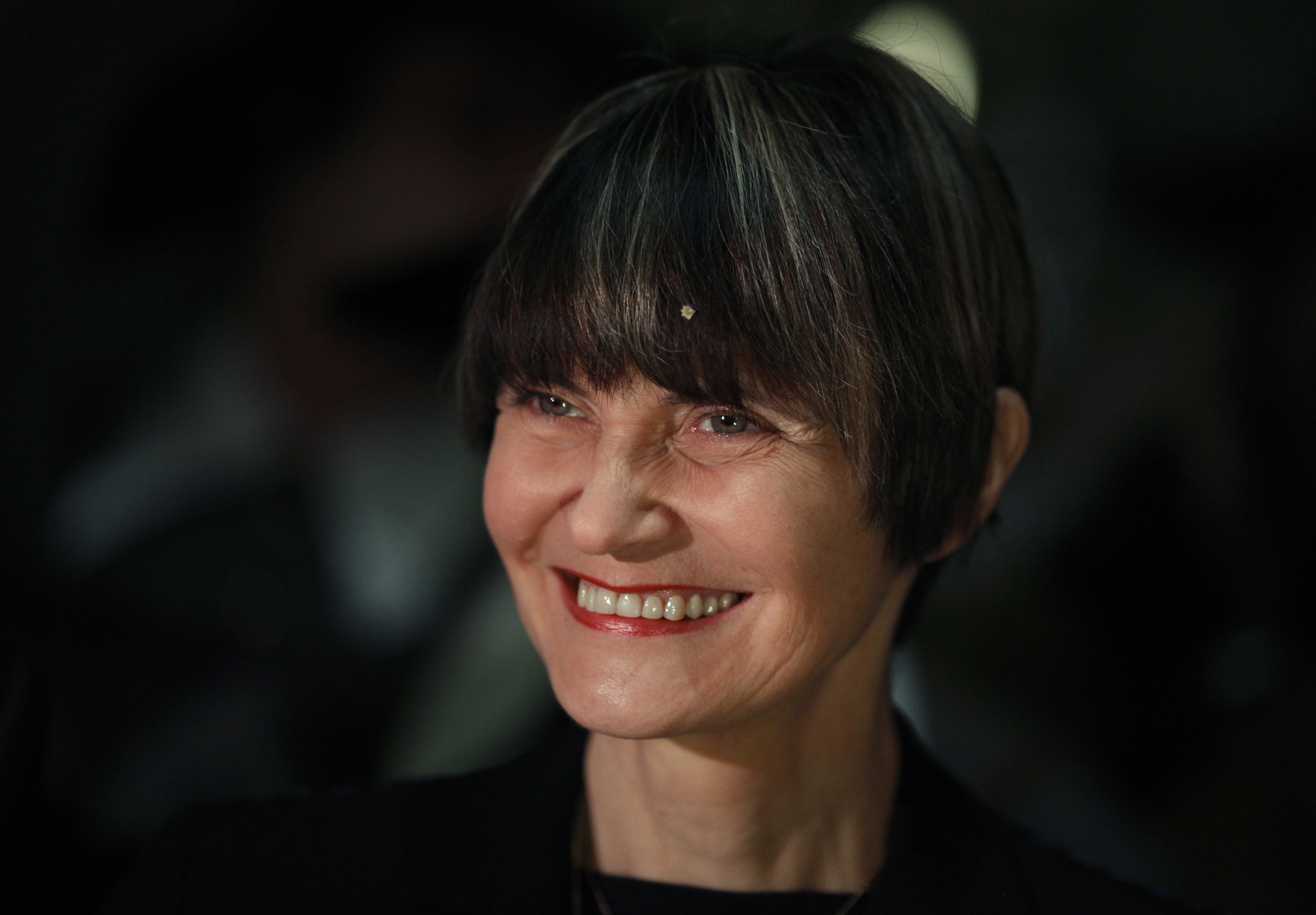
As Foreign Minister Micheline Calmy-Rey prepared to take over the post of Swiss president, she shared with Swiss public radio DRS her view of the year ahead.
It is the second time that Calmy-Rey has held Switzerland’s largely ceremonial presidency, which rotates annually among the seven cabinet members. But 2011 promises to be more eventful than her previous term in 2007, owing to global financial problems and difficult relations with the European Union.
The president has no special powers or privileges and continues to run his or her own ministry. The job includes chairing the weekly cabinet meetings and representing Switzerland on ceremonial occasions.
Calmy-Rey told German-language DRS – like swissinfo part of the Swiss Broadcasting Corporation – that she wanted to see Switzerland more self-confident and less self-critical.
DRS: What will be your greatest challenges as Swiss president?
Micheline Calmy-Rey: First of all, chairing the cabinet. I attach great importance to collegiality. Secondly, I shall be the voice of Switzerland abroad. At a time when our country is coming under pressure, this role cannot be underestimated.
I shall try to solve the problems with our neighbouring states and deepen our relations with the European Union.
At the level of the international community, I hope to make a constructive contribution to the solution of global problems. The world is very interconnected, decisions have far-reaching and interacting impacts; we need think only of the crisis with the euro, terrorism, poverty, migration flows, environmental protection, and climate change. In the face of these global problems we cannot be an island.
DRS: 2011 is an election year. How can the cabinet be motivated to work well, in a way that looks for solutions?
M.C.-R.: As I said, I attach a lot of importance to collegiality. We have to talk to each other, find a consensus together and take decisions together. That is not easy, since we have different political viewpoints.
To solve the country’s problems, we must place Swiss interests above our personal opinions and political ideologies.
DRS: Four years ago, on the occasion of your first presidential year, you said the cabinet worked well and was good at taking decisions. Has that changed?
M.C.-R.: We have been through some difficult times. The problems of the UBS bank, the pressure over bank secrecy and the Libya crisis were not easy for the government. But if we look at the crises more closely, the government dealt with them well. In the case of Libya, both hostages returned home in good health, and that is the most important thing for me.
As far as banking secrecy is concerned, we adopted the standards of the Organisation for Economic Co-operation and Development (OECD). We are now in the process of including it in bilateral tax agreements with various countries.
We settled the UBS tax affair in the US with an agreement. Switzerland showed that it is capable of defending its interests even against a great power like the US.
But the impression remains that the government had problems. That is why it has been criticised by the parties and by ordinary citizens, which is perfectly normal.
But sometimes I have the impression that we are masters of self-criticism. I appeal for more self-confidence; we are not nothing in the world, and we know how to defend ourselves. So we should have a bit more faith in ourselves.
DRS: Switzerland is facing important decisions in its European policy. How can you make the climate in Switzerland more favourable towards Brussels?
M.C.-R.: Consolidating relations with the EU is one of the priorities of my presidential year. These relations need to be as good as they can be, since the EU is our most important political and economic partner.
So far we have followed the bilateral path. The results of this path have been good as far as the economic and security are concerned.
But as far as our sovereignty goes, the results have been more mixed. We have adopted a lot of things from the EU, such as developments in the legal area, but we cannot have our own say. That is not something I can be satisfied with.
The EU says that the 120 agreements [including the bilaterals I and II] incurred a great deal of work, so relations must be simplified. It argues that we have profited from our access to its market with its 500 million consumers. So it claims we should also adopt EU regulations.
But as a non-EU-member, on the basis of our sovereignty, we say “no” to the automatic adoption of EU law. Should we embark on such discussions, our democratic rights such as initiatives and referendums would have to be preserved.
DRS: The possibility of a Swiss seat in the United Nations Security Council is also up for discussion. Would that be an honour or an obligation for Switzerland?
M.C.-R.: First and foremost it would be a responsibility for our country. As a full member of the UN we contribute a lot of money for peace missions. But it is the Security Council which decides on these missions and adopts reports on them. So shouldn’t we be a member and be involved in decision-making? I believe that as a full member of the UN we should have a seat in it.
DRS: The Swiss living abroad want their situation to become a national priority. Is that a realistic hope?
M.C.-R.: The Swiss abroad are a priority for the foreign ministry and for me. Not only the 700,000 who live abroad, but also the many Swiss who travel abroad as tourists.
This is such a high priority that we have set up a consular directorate in the foreign ministry which in case of need can provide any Swiss person abroad with consular protection.
Born in 1945, the political scientist originally managed a book distribution company.
Her political career began in 1981 as a member of Geneva’s cantonal parliament. Calmy-Rey, a Social Democrat, remained there until 1997.
At the end of 1997 she was elected to Geneva’s cantonal government, where she took over the finance department.
On December 4, 2002, she was elected to the federal cabinet.
Since the beginning of her tenure she has led the foreign ministry.
Calmy-Rey’s first term as Swiss president was in 2007.
She was elected president for a second term in early December 2010. With just 109 votes, it was the worst result since 1939.
Rightwing and conservative parliamentarians have accused her of, among other things, acting on her own in the Libyan affair.
Her predecessor as president for was Doris Leuthard.
June 8: Finance ministers confirm that the EU seeks to extend a code of conduct on business taxation in Switzerland. In the code, EU states promise to eliminate tax practices that snatch tax money away from each other.
June 17: Switzerland announces in Brussels a campaign to improve its image.
September 7: EU parliament drafts a resolution criticising Swiss “obstacles” to the free movement of people and demands an institutional modernisation of the bilateral approach.
September 17: Swiss government adopts a report over European policy that insists upon a bilateral approach.
November 12: EU Commissioner Viviane Reding announces in Lausanne that the bilateral approach has come to an end.
November 15: A large reception is held celebrating the 50th anniversary of a Swiss ambassador to the EU in Brussels. Swiss Foreign Minister Calmy-Rey delivers a speech praising a “Swissification” of the EU.
November 28: Swiss voters pass an initiative for the automatic deportation of foreign criminals. The EU sits tight even though the measure violates agreements on the free movement of persons.
December 6: The Swiss-EU Joint Committee, charged with implementing a free trade agreement, meets in Brussels where both sides speak of obstacles.
December 14: EU foreign ministers adopt a position paper critical of the relationship between Switzerland and the EU.
(Translation by and with input from swissinfo.ch)

In compliance with the JTI standards
More: SWI swissinfo.ch certified by the Journalism Trust Initiative
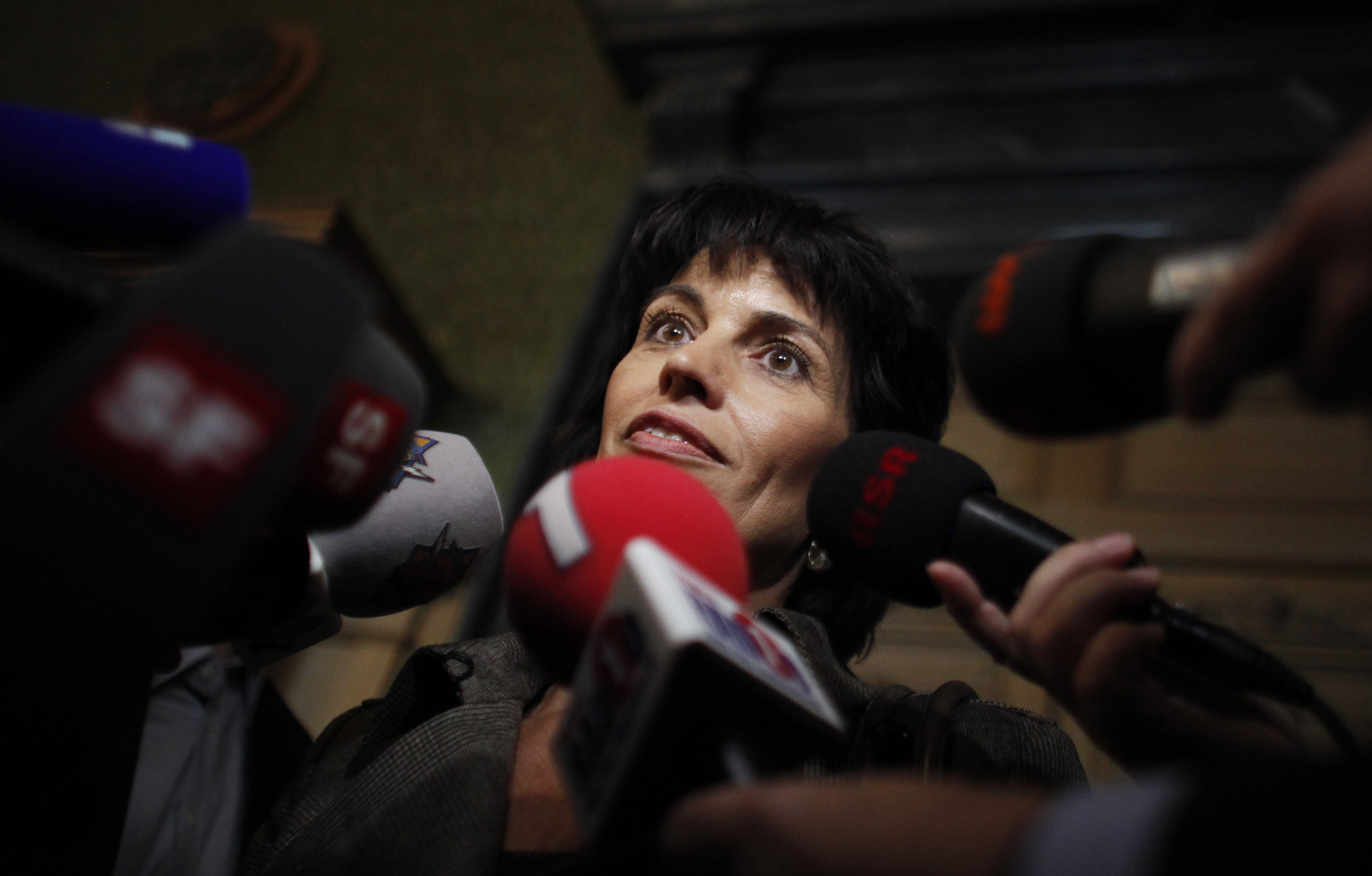
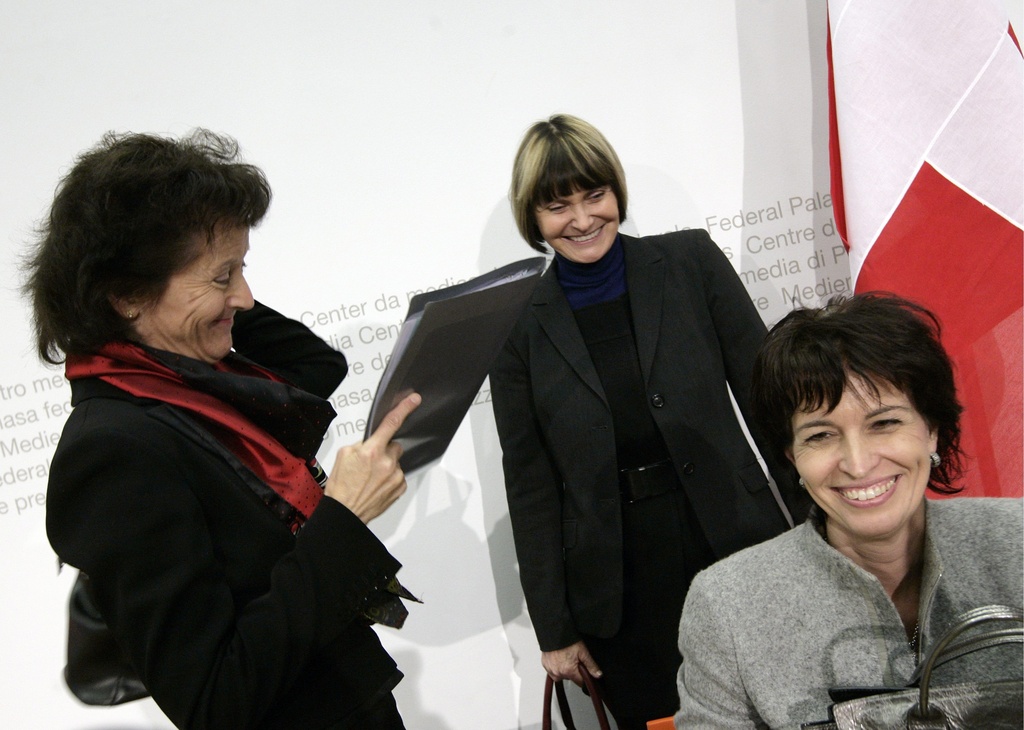
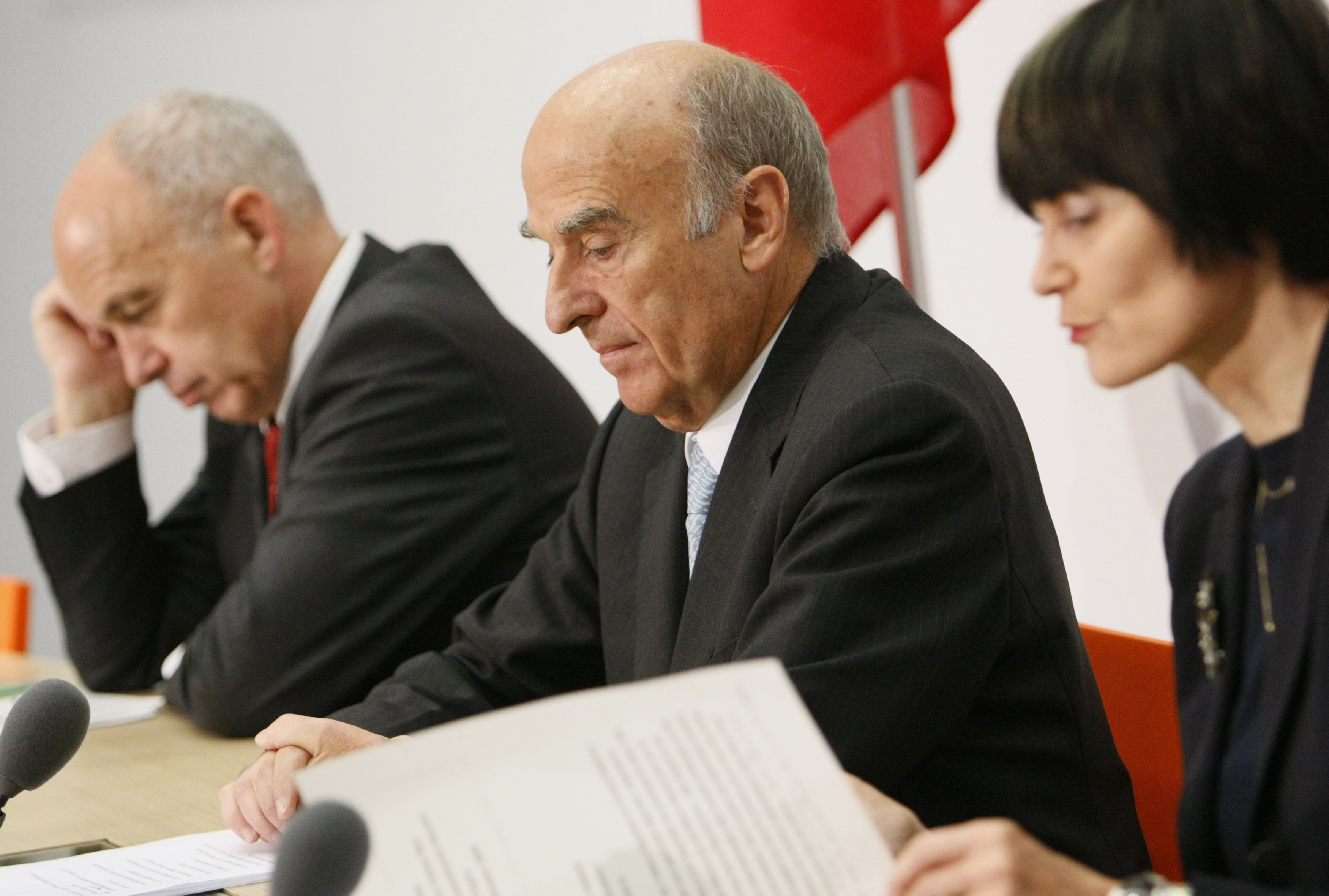
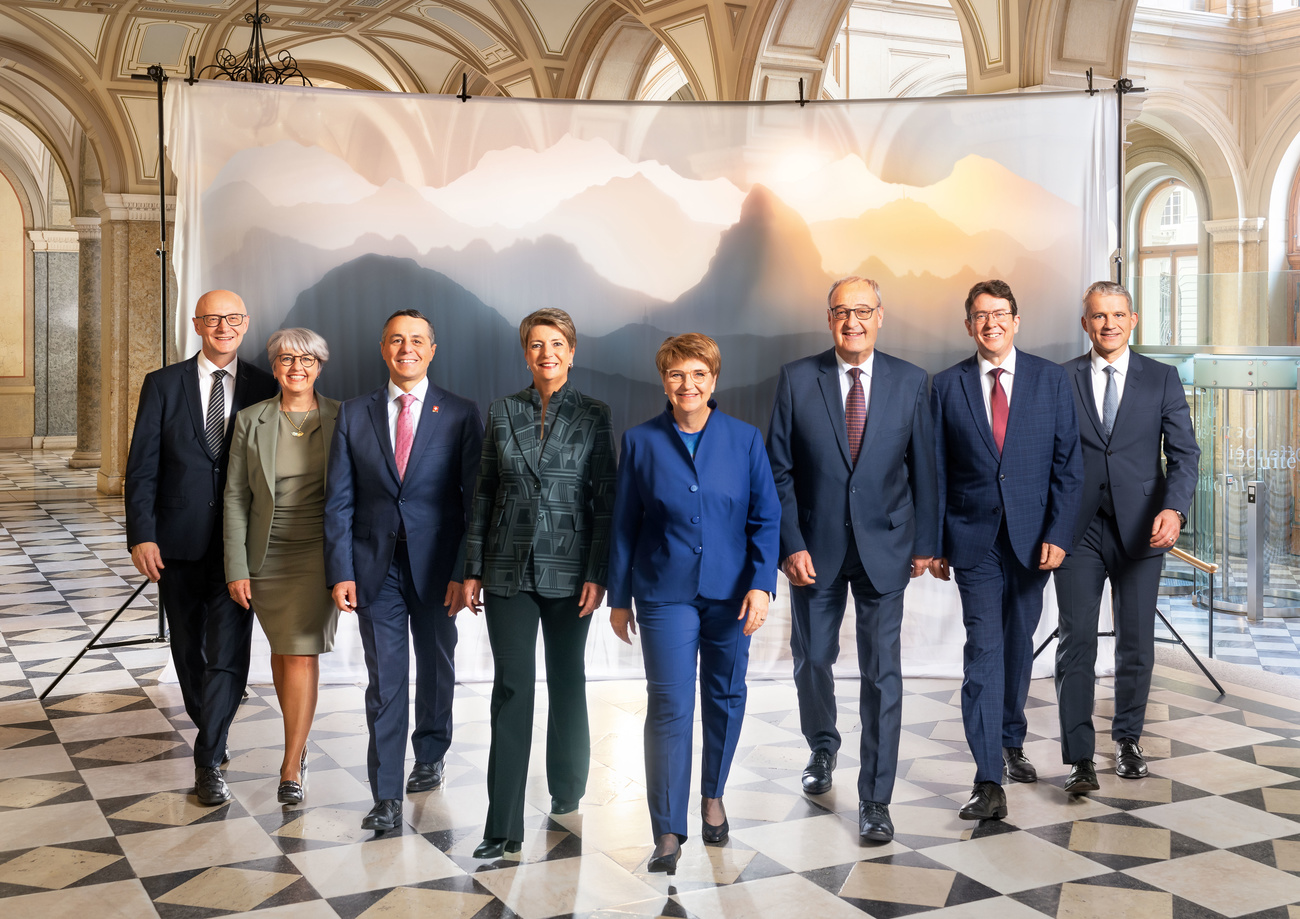

You can find an overview of ongoing debates with our journalists here. Please join us!
If you want to start a conversation about a topic raised in this article or want to report factual errors, email us at english@swissinfo.ch.